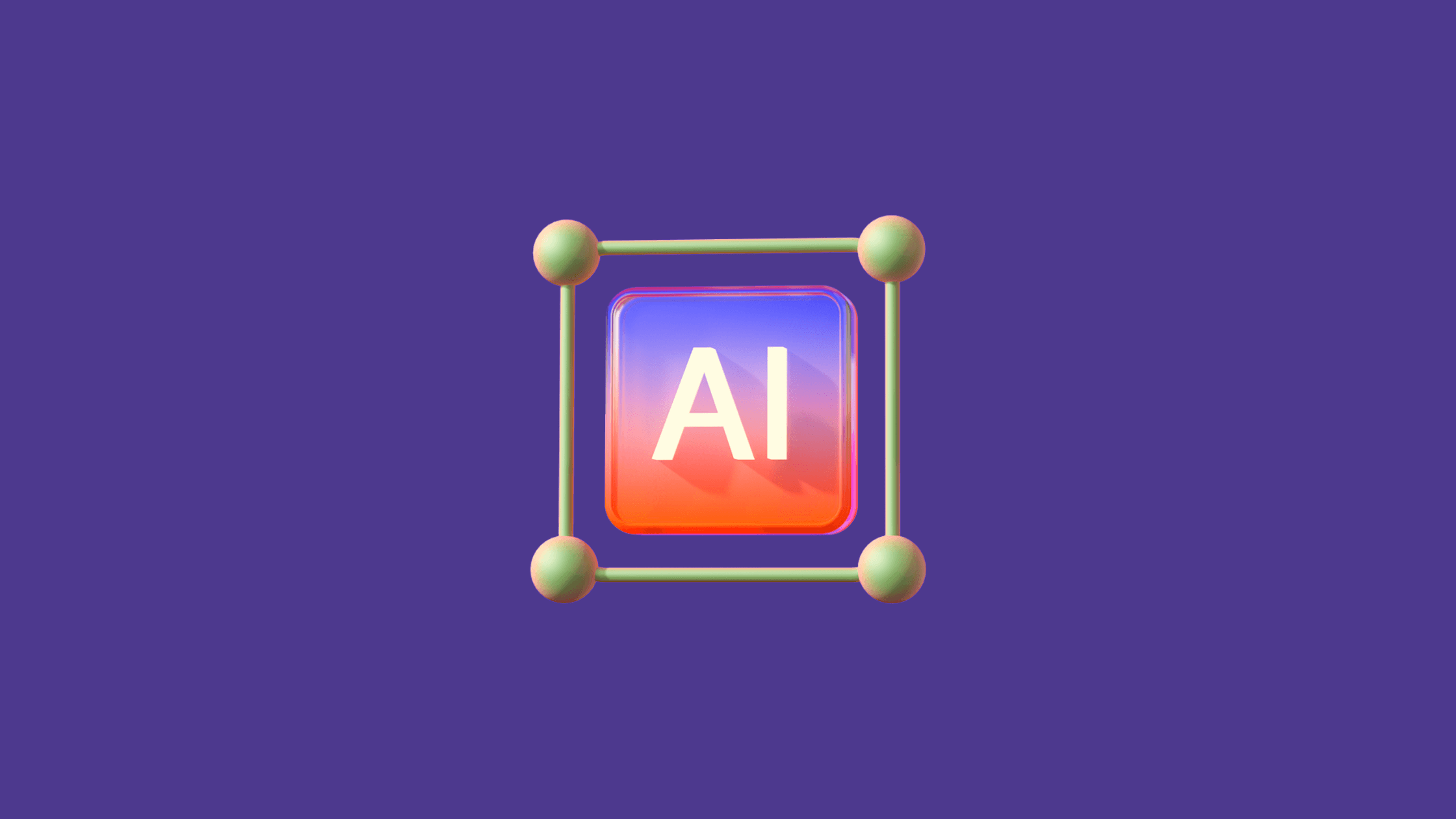- Tech Services

Concept Development
- Industry
- Emerging Tech
- Generative AI Hub
- Blog
- Contact Us

OPEN AI integration personalize treatment plan in healthcare industry
In Lets Nurture
11
Mar. 23670
VIEWSThe healthcare industry is experiencing rapid growth and technological advancements that are transforming the way healthcare providers diagnose, treat and care for patients. One of the most exciting technological advancements in the healthcare industry is the integration of OpenAI into healthcare applications.
OpenAI is an artificial intelligence (AI) technology that can analyze large sets of data and make predictions based on patterns it identifies. It has a wide range of applications in the healthcare industry, from medical diagnosis to drug discovery and personalized treatment plans. In this article, we will focus on the implementation of OpenAI for personalized treatment plans and how to integrate it into web and mobile app systems.
Personalized treatment plans are a critical component of healthcare that can significantly improve patient outcomes. They involve developing customized treatment plans based on the patient’s medical history, genetic makeup, and lifestyle. This process can be time-consuming and complex, but OpenAI can make it easier by analyzing large sets of data and providing personalized treatment recommendations.
The first step in integrating OpenAI into a web or mobile app system is to define the problem you are trying to solve. In this case, the problem is developing personalized treatment plans for patients. The next step is to collect and preprocess the patient data that will be used to train the OpenAI model. This data may include medical history, genetic information, lifestyle habits, and any other relevant data.
Once the data has been collected and preprocessed, you can train the OpenAI model using machine learning techniques. You can use an existing OpenAI model or create your own, depending on the specific problem you are trying to solve. Once the model has been trained, it can be integrated into a healthcare application.
Integrating OpenAI into a web or mobile app system requires careful planning and execution. The system needs to be able to collect patient data, process it, and provide personalized treatment recommendations based on the patient’s data. The system also needs to be secure and comply with healthcare regulations.
One way to integrate OpenAI into a web or mobile app system is to use an API. An API, or application programming interface, is a set of protocols that allows different software applications to communicate with each other. In this case, the OpenAI model can be integrated into the healthcare application using an API. The healthcare application can then send patient data to the OpenAI model, which will analyze the data and provide personalized treatment recommendations.
Another way to integrate OpenAI into a web or mobile app system is to use a software development kit (SDK). An SDK is a set of software tools and libraries that can be used to develop applications. In this case, the OpenAI SDK can be integrated into the healthcare application. The healthcare application can then use the OpenAI SDK to analyze patient data and provide personalized treatment recommendations.
Integrating OpenAI into a web or mobile app system can provide numerous benefits to healthcare providers and patients. It can help healthcare providers develop personalized treatment plans more efficiently and accurately. It can also help patients receive the best possible care by providing personalized treatment recommendations based on their medical history, genetic makeup, and lifestyle.
In conclusion, OpenAI has the potential to revolutionize the healthcare industry by providing healthcare providers with personalized treatment recommendations. Integrating OpenAI into a web or mobile app system requires careful planning and execution, but the benefits are worth the effort. By using an API or SDK, healthcare providers can develop more accurate and efficient personalized treatment plans, ultimately leading to better patient outcomes.
How OPEN AI can be useful in personalized treatment plan
OpenAI has enormous potential to transform the healthcare industry, especially in the area of personalized treatment plans. Personalized treatment plans are customized healthcare plans based on individual patient data, such as medical history, genetic information, and lifestyle habits. The use of OpenAI in developing personalized treatment plans has several benefits, including:
- Data analysis: OpenAI is capable of analyzing large datasets and identifying patterns in the data that human analysts might miss. With the use of machine learning techniques, OpenAI can analyze patient data to identify potential health risks and tailor treatment plans to each individual patient.
- Increased accuracy: OpenAI’s ability to analyze vast amounts of data means that it can provide more accurate and reliable personalized treatment plans. It can use complex algorithms to analyze patient data and identify patterns that would be challenging to detect manually.
- Improved patient outcomes: Personalized treatment plans can help healthcare providers provide more targeted and effective treatments to their patients, leading to better health outcomes. By developing personalized treatment plans, healthcare providers can identify the most effective treatments for each patient and reduce the likelihood of adverse drug reactions.
- Reduced healthcare costs: OpenAI can help healthcare providers develop more efficient and cost-effective treatment plans by identifying the most effective treatments for each patient. This can lead to reduced healthcare costs over time as patients receive the most appropriate treatments for their conditions.
- Enhanced patient experience: Personalized treatment plans can improve the patient experience by providing more tailored and effective treatments. By using OpenAI to develop personalized treatment plans, healthcare providers can provide patients with the most appropriate treatments for their conditions, leading to better health outcomes and overall patient satisfaction.
In summary, the use of OpenAI in developing personalized treatment plans has enormous potential to transform the healthcare industry. By leveraging OpenAI’s advanced data analysis capabilities, healthcare providers can provide more accurate, effective, and cost-efficient treatments to their patients. Ultimately, the use of OpenAI can improve patient outcomes and enhance the overall patient experience in the healthcare industry.
3 examples of mobile apps which has implemented open ai in personalized treatment plan
There are several mobile apps that have implemented OpenAI in personalized treatment plans. Here are three examples:
- Babylon Health: Babylon Health is a mobile app that uses OpenAI technology to provide personalized healthcare to its users. The app uses machine learning algorithms to analyze patient data, such as medical history and lifestyle habits, to provide personalized treatment plans. Babylon Health also uses chatbots powered by OpenAI to provide 24/7 medical advice to its users.
- Ada Health: Ada Health is another mobile app that uses OpenAI technology to provide personalized treatment plans to its users. The app uses a symptom checker to analyze patient data and provide personalized health advice. Ada Health also uses machine learning algorithms to analyze patient data and provide personalized treatment plans.
- Buoy Health: Buoy Health is a mobile app that uses OpenAI technology to provide personalized treatment plans to its users. The app uses a chatbot powered by OpenAI to ask users questions about their symptoms and medical history. Based on the answers provided, Buoy Health uses machine learning algorithms to provide personalized treatment plans to its users.
All three of these mobile apps use OpenAI technology to provide personalized treatment plans to their users. By leveraging OpenAI’s advanced data analysis capabilities, these apps are able to provide more accurate, effective, and cost-efficient treatments to their users. Ultimately, the use of OpenAI in developing personalized treatment plans has enormous potential to transform the healthcare industry, and these mobile apps are just a few examples of how this technology is being used in practice.




